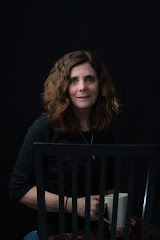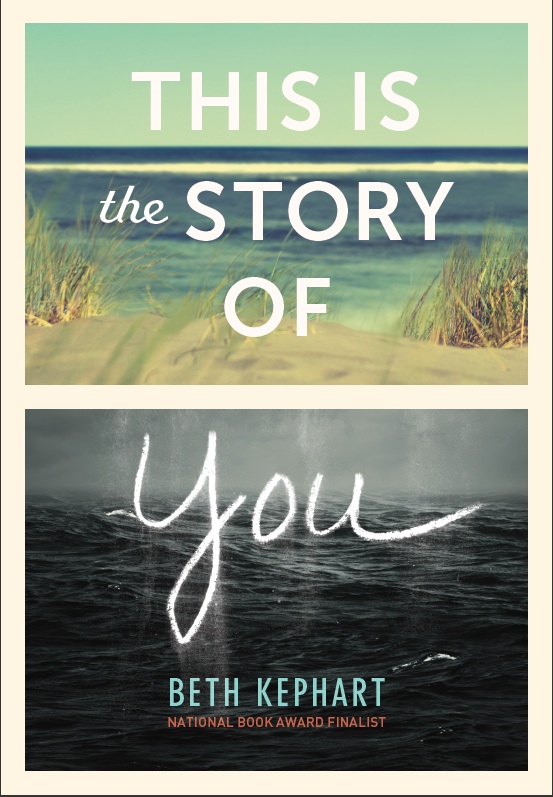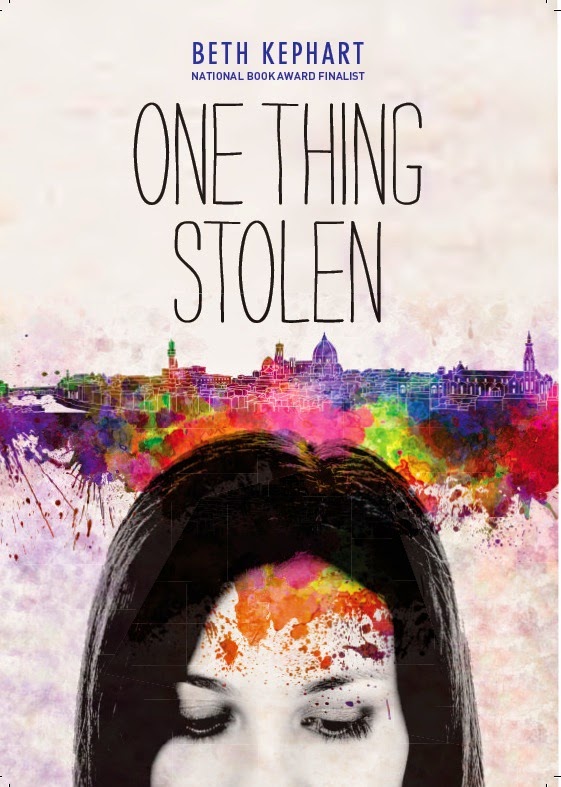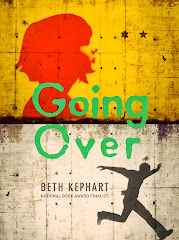The Short and Tragic Life of Robert Peace/Jeff Hobbs: the fourth in the failure series
Friday, January 2, 2015
During the last third of this upcoming semester at Penn my students will be reading The Short and Tragic Life of Robert Peace, by Jeff Hobbs. It will be, for us, the fourth book in a "failure" series designed to provoke conversation and insight into the accidental, the premeditated, the inescapable, the unnecessary, the broken and the fixed—the things that shape all our lives. (The first three books are Little Failure, My Mistake, and Fire Shut Up in My Bones.)
I am keen to talk failure at a time when the world exasperates and disappoints, when the incomprehensible exists beside simple acts of compassion. I am keen to talk about socioeconomics and race, about the immigrant experience, about the irreversibly tragic, about the elusive promises of narrative and books. I am keen to teach the forms of memoir and narrative nonfiction, yes. But the quality of conversation will be of equal significance. Those of us who teach memoir have, I think, a responsibility to broaden the scope and enlarge the talk.
Peace is not a memoir. It is the deeply reported story, as the subtitle tells us, of a brilliant young man who leaves Newark for the Ivy League only to return to one of the nation's most dangerous cities—and stay, teaching some times, dealing drugs, too; a role model and a criminal. Robert Peace became Jeff Hobbs' roommate during freshman year at Yale. He was at his best and seemingly most true when helping others—his single mother living in poverty, his incarcerated father, his family and his friends. He was at his most self-protected and (also) vulnerable when he trafficked in drugs, when he revealed the depths of his anger, when he could find no answer, increasingly, to the question: What are you, Yalie, doing with the rest of your life?
Hobbs did not take the easy way out in telling this story. He might have written memoir only, recreating his impressions of the guy with whom he lived for four Yale years, talking, exclusively, about how it all seemed to him. Instead Hobbs goes all the way back to the beginning, relying on hundreds of hours of interviews to find out who Rob was, to learn the complexities that riddled his heart.
I have written in the margins of almost every page of this book. I have thought about what I hope my students will find as they read. This book should be required reading for everyone. But for now, to entice you, here is Rob, as he was introduced at his high school graduation, in the pages of Hobbs' book:
And then here is Rob, now that his days at Yale are over. He has graduated brilliantly (despite a thriving pot business on campus). But he has returned to Newark with no real plans, only a desire to take care of those he loves, and the willingness (or the arrogance) to court danger:
I am keen to talk failure at a time when the world exasperates and disappoints, when the incomprehensible exists beside simple acts of compassion. I am keen to talk about socioeconomics and race, about the immigrant experience, about the irreversibly tragic, about the elusive promises of narrative and books. I am keen to teach the forms of memoir and narrative nonfiction, yes. But the quality of conversation will be of equal significance. Those of us who teach memoir have, I think, a responsibility to broaden the scope and enlarge the talk.
Peace is not a memoir. It is the deeply reported story, as the subtitle tells us, of a brilliant young man who leaves Newark for the Ivy League only to return to one of the nation's most dangerous cities—and stay, teaching some times, dealing drugs, too; a role model and a criminal. Robert Peace became Jeff Hobbs' roommate during freshman year at Yale. He was at his best and seemingly most true when helping others—his single mother living in poverty, his incarcerated father, his family and his friends. He was at his most self-protected and (also) vulnerable when he trafficked in drugs, when he revealed the depths of his anger, when he could find no answer, increasingly, to the question: What are you, Yalie, doing with the rest of your life?
Hobbs did not take the easy way out in telling this story. He might have written memoir only, recreating his impressions of the guy with whom he lived for four Yale years, talking, exclusively, about how it all seemed to him. Instead Hobbs goes all the way back to the beginning, relying on hundreds of hours of interviews to find out who Rob was, to learn the complexities that riddled his heart.
I have written in the margins of almost every page of this book. I have thought about what I hope my students will find as they read. This book should be required reading for everyone. But for now, to entice you, here is Rob, as he was introduced at his high school graduation, in the pages of Hobbs' book:
The headmaster spoke of a boy who woke up at four-thirty six days a week to lifeguard at the pool, who taught himself to swim as a freshman and who was now among the top ten butterflyers in the state, who led quietly and by example, who spent hours each week officially and unofficially working as a math tutor, who would have been valedictorian if a C in freshman art class hadn't knocked his grade point average down to a 3.97—third in the class—and who had grown up with nothing and now had college acceptances to Hopkins, Penn, and Yale
And then here is Rob, now that his days at Yale are over. He has graduated brilliantly (despite a thriving pot business on campus). But he has returned to Newark with no real plans, only a desire to take care of those he loves, and the willingness (or the arrogance) to court danger:
Rob's role as a dealer was already more complicated than the next guy's, because he was now a Yale graduate tagged with all the many stigmata that simple word carried in this neighborhood's underworld. Like a bird handled by humans whose flock would not accept it back, Rob now wore the unwashable scent of the Ivy League.

















0 comments:
Post a Comment